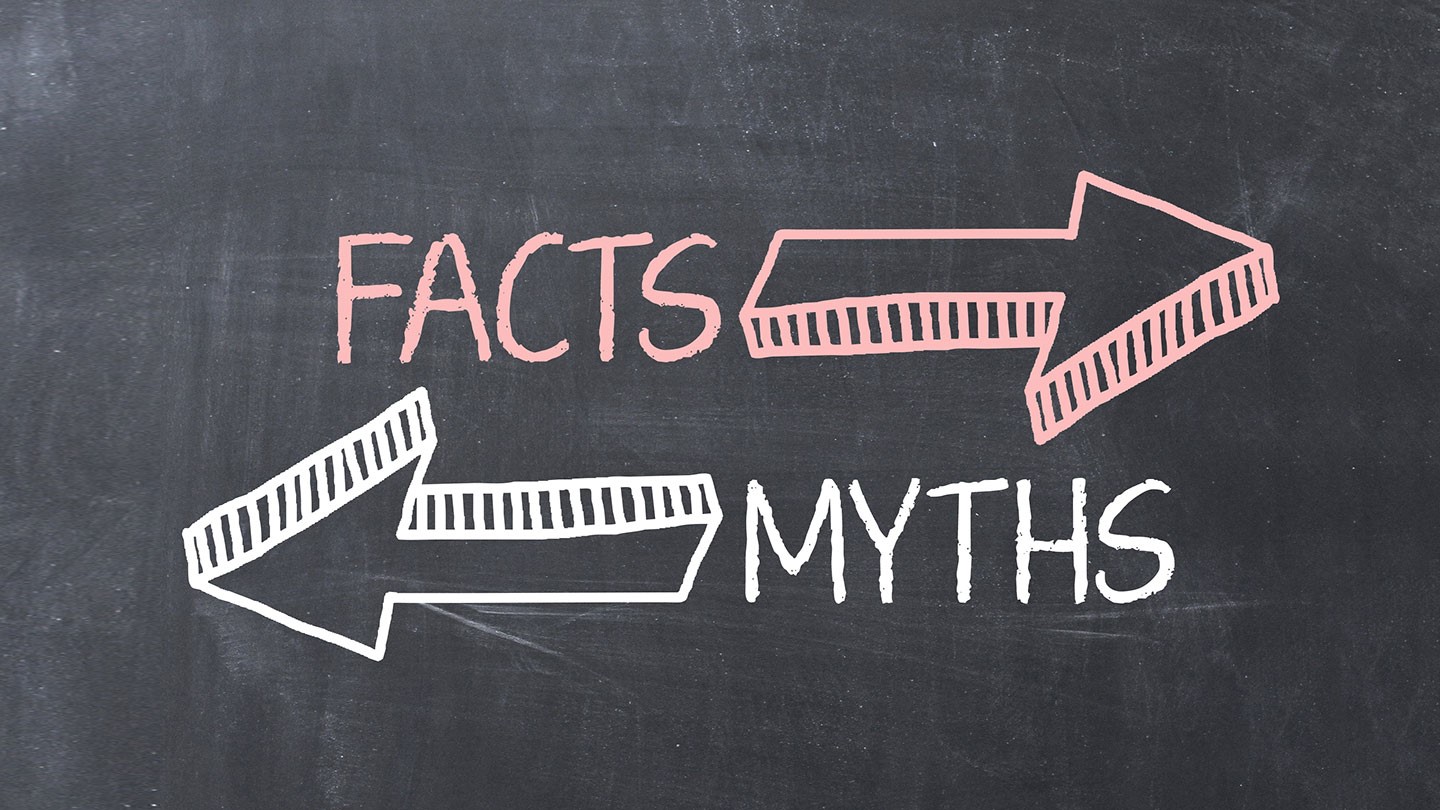The problem with sustainable packaging is that there is a lot of misconception as to what is environmentally sustainable and what isn’t. Terms like Biodegradable, Oxydegradable or Compostable are thrown around in conservation and printed on packaging but what are they and what do they mean;
Biodegradable
This is something that breaks down naturally; an extension of degrading. Biodegradation must involve break down by living organisms, for example glass cannot biodegrade but paper can. Time is not a consideration and there are no performance standards, therefore a plastic product that takes 100 years to degrade naturally can be classified as biodegradable.
Oxo-degradable
This is a plastic that breaks down when exposed to an oxygenated environment; essentially degradability but assigned a specific method of degradation. It is not biodegradable as it doesn’t breakdown naturally with living organisms. Instead, these materials have chemical additives that accelerate degradation. Faster breakdown of a plastic can be misleadingly advertised as a benefit to the environment, but unfortunately this is not the case. The independent scientific consensus is that there are no associated environmental benefits with these products and they are in fact a major source of pollution in our seas. Better described as “oxo-fragmentables”, the end result of their breakdown is dust-like, micro-plastic fragments that end up in our oceans. It is for these reasons that oxo-degradables are banned in California. In addition, oxo-degradable plastics will not degrade in a modern, well managed landfill due to the anaerobic (no air), cool and dry environment it maintains. Without degradation, no carbon will be produced. This can also be misleading; although no carbon emission is advertised as a good thing, it means the waste product remains indefinitely on our planet in landfill and never breaks down.
Compostable
This is a relative term and goes another step further than biodegrading. Fortunately, there are clearly defined performance standards recorded under the International Organization for Standardization (IOS). The main standards are from European and the US, both requiring a product to 1) 100% biodegrade, 2) biodegrade within 90 days and 3) produce a completely non-toxic by-product. The Australian standard even requires a product to undergo a worm toxicity test before it can be defined as compostable. For these things to be achieved certain conditions are required, such as a high temperature (on average 65°C) and sufficient moisture. This is where home composting and commercial composting differ. In a commercial composting facility optimal conditions are maintained, thus products are guaranteed to compost within 90 days to meet international standards. In a home compost bin, conditions vary from household to household and not everyone will be able to maintain high heat, therefore the rate of compostability may be slower. This is why we always recommend disposing into commercial composting bins and more specifically, bins that will accept bioplastic. Lastly, it’s important to ascertain the raw materials of a compostable product. Ensure that you buy compostable food packaging made from sustainably sourced plants, not oil, and support renewable resources.
Recyclable
This is a waste material that can be processed for further use. Recycling is a well established and developed industry, more so than composting, and we have efficient municipal and national systems to organise and process most recycling waste. Although “reuse” is a good thing, it is also misleading as some products can only be recycled a finite number of times before it can no longer be used, and the end destination is landfill. Different plastics vary in terms of the number of times they can be recycled, but glass and metal can be recycled indefinitely. Furthermore, one of the biggest problems with recycling is human behaviour. Globally, the overwhelming majority of end of life plastic is not recycled, mostly because consumers don’t understand and/or bother to recycle properly, and the industry will only operate if economically viable. Recycling plants are incentivised to recycle the plastics that are in high demand for revenue purposes.



You must be logged in to post a comment.